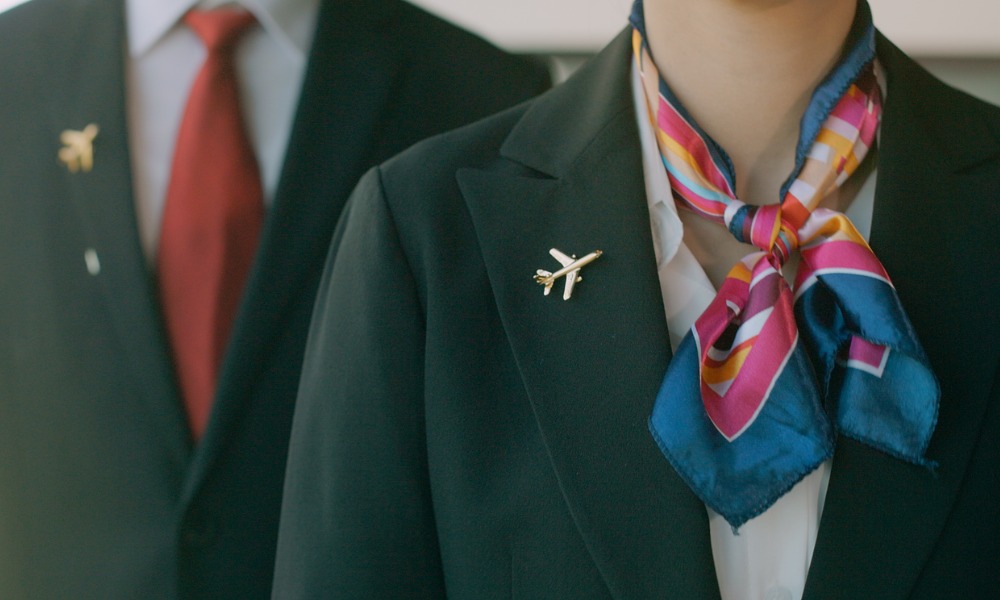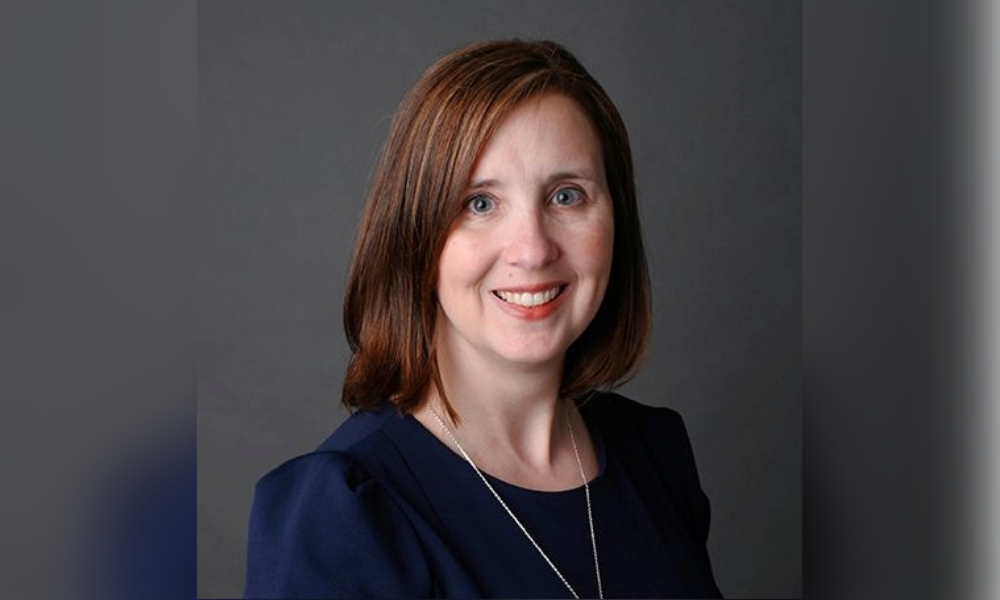Current situation 'unfair and puts many women and diverse Canadians at a disadvantage,' says MP

Conservative MP Lianne Rood has proposed legislation seeking to compensate flight attendants for the work that they do before and after their in-plane tasks.
Bill C-409 – An Act to amend the Canada Labour Code (hours of work of flight attendants) – notes that employers must include the time that the employee spends in “carrying out all pre-flight and post-flight duties relating to aircraft security and passenger service, including assisting with embarking and disembarking and pre-flight cabin and passenger safety checks.”
As it is, flight attendants don't start getting paid until their plane is in motion – and their compensation ends when the plane stops at the gate after landing.
“That is unfair and puts many women and diverse Canadians at a disadvantage,” Rood said in a LinkedIn post.
In 2022, the Airline Division of the Canadian Union of Public Employees (CUPE) urged airlines to pay their flight attendants who are forced to work on the ground. These workers are not compensated during delays before take-off and after landing, according to the union.
The legislation also calls for employers to pay flight attendants for “completing mandatory training programs” and for “attending at the work place at the call of the employer and at the disposal of the employer, including during a flight delay, whether or not the delay is within the employer’s control.”
Union supports Bill C-409, but raises concern over language
CUPE has thrown their support behind Bill C-409.
“While the bill is unlikely to pass before the next election is called, CUPE’s Airline Division looks forward to the Conservative Party and all other parties adding this commitment to their 2025 election platforms,” the union said in a statement.
Still, CUPE said it finds it “disappointing” that the bill was drafted and tabled without consultation with flight attendants and their union.
“The last time the Conservative Party made major legislative changes that affected flight attendants, they changed the passenger to flight attendant ratios from 40:1 to 50:1, making flight attendants’ jobs harder, and jeopardizing [the] safety of both crew and passengers.”
One particular concern about the bill for the union is the language on pay for training, said Wesley Lesosky, a flight attendant and president of CUPE's air division, in a CBC report.
"For training, for instance … a lot of us are paid half our hourly rate or minimum wage, whichever is greater," he said.
"Flight attendants deserve to be paid their full hourly rate for any mandatory training."
In 2020, Delta Air Lines CEO Ed Bastian thanked more than 17,000 employees – who chose to depart from the company voluntarily – for helping to ease the financial strain on the airline amid the COVID-19 economic crisis.
In 2023, in a lawsuit against China Southern Airlines (CSA) in the Supreme Court of British Columbia, Zong Li Julie Zheng, a 57-year-old Chinese Canadian residing in BC, sought compensation for alleged wrongful termination.






